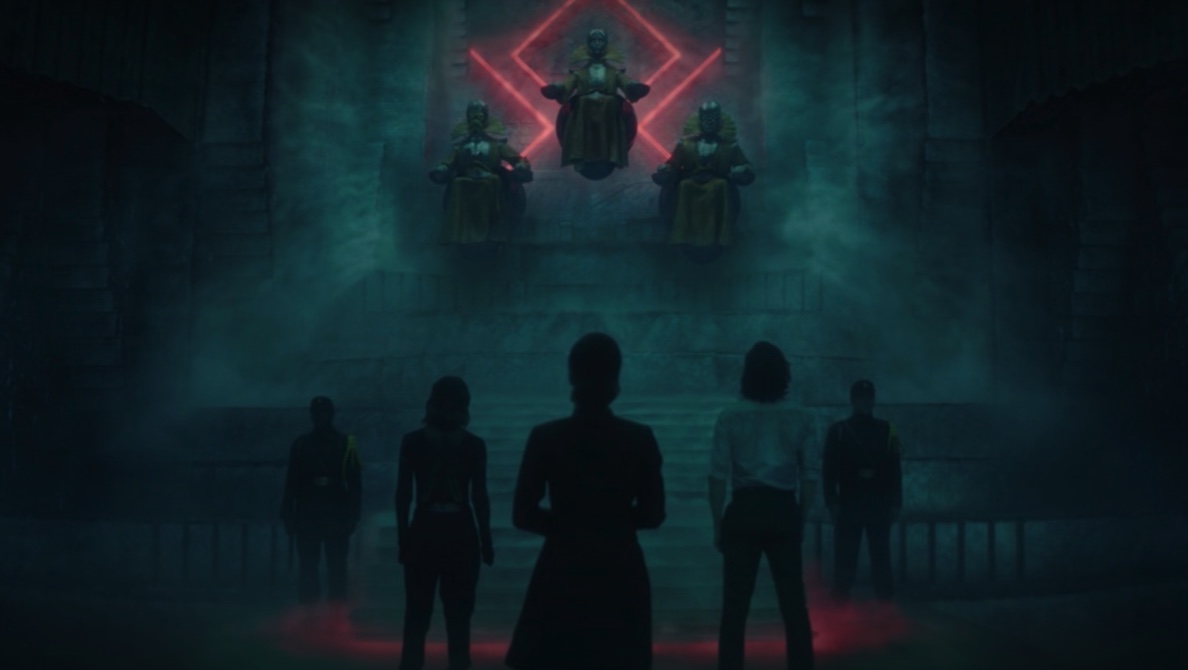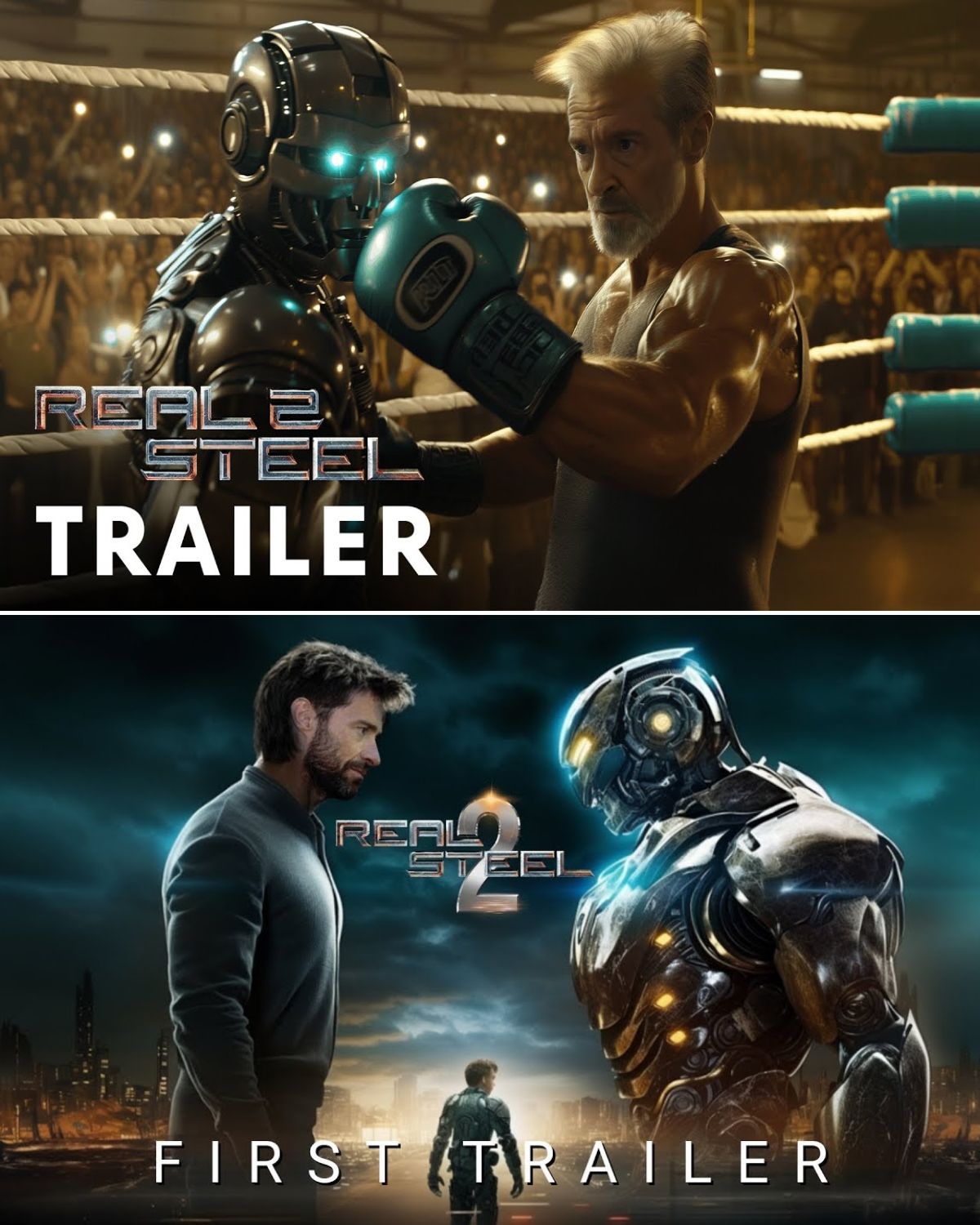Tom Hiddleston’s Loki series bears striking similarities to Keanu Reeves’ iconic sci-fi action trilogy, The Matrix.

In the ever-expanding Marvel Cinematic Universe (MCU), the Loki series has taken audiences on a thrilling journey through the multiverse, introducing us to variant versions of the God of Mischief and challenging the very fabric of reality.

The ending of Loki season 2
As fans delve deeper into the intricacies of the show, a wild theory has emerged, drawing intriguing parallels between Tom Hiddleston’s Loki and Keanu Reeves’ iconic The Matrix trilogy.
How Tom Hiddleston’s Loki Series Is Similar to The Matrix in a Marvel TheoryAdvertisement
Fans are speculating that Loki‘s narrative echoes the intricate themes found in the iconic Matrix saga.
The theory posits that Tom Hiddleston‘s Loki and The Matrix share more than just mind-bending narratives; they are interconnected in a way that transcends the boundaries of their respective universes.
Both stories also feature characters that are trapped in a predetermined system. Loki is a prisoner of the Time Variance Authority (TVA), an organization that seeks to maintain the flow of time. Neo, too, is trapped within The Matrix, a computer-generated simulation that keeps humanity under control.
Neo and Loki are both outliers, agents of chaos that neither He Who Remains nor the Architect can completely include in their expansive plans. Designs are meant to guarantee that destiny keeps repeating itself, hence ensuring Kang’s or the Machines’ supremacy.

Keanu Reeves in The Matrix as Neo
Instead, they aim to steer and manage these outliers. With the intention of turning them into the very tools that, whether intentionally or inadvertently, make everything loop back around.
This is where Sylvie and Trinity are involved. As seen at the conclusion of Loki Season 1 and the beginning of Season 2, both are love interests who Neo and Loki genuinely care for. He Who Remains and the Architect could not account for them in full.
Loki and The Matrix: Unveiling Surprising Parallels in Multiversal Storytelling
Central to both narratives is the protagonist’s journey of self-discovery. Neo, the protagonist of The Matrix, embarks on a quest to uncover his true identity and break free from the constraints of the simulated world. Loki, the God of Mischief, grapples with his own complex identity, constantly shifting personas and seeking his place in a universe that often rejects him.

Carrie-Anne Moss as Trinity and Keanu Reeves as Neo in The Matrix (1999)
A pivotal theme in both works is the exploration of free will. In The Matrix, humanity is trapped in a deterministic system, their actions predetermined by the rules of the simulation. Loki, similarly, faces the constraints of the TVA’s predetermined timeline, his choices seemingly dictated by forces beyond his control.
Keanu Reeves‘ The Matrix introduces the Architect, the enigmatic program responsible for creating and maintaining the simulated reality. In Loki, the Time Keepers, shrouded in mystery, exert control over the flow of time.

time keepers Loki
While Loki and The Matrix may seem like different genres, their exploration of identity, free will, and the nature of reality creates a compelling connection.
Watch Loki on Disney Plus and The Matrix Trilogy on Prime Video.




